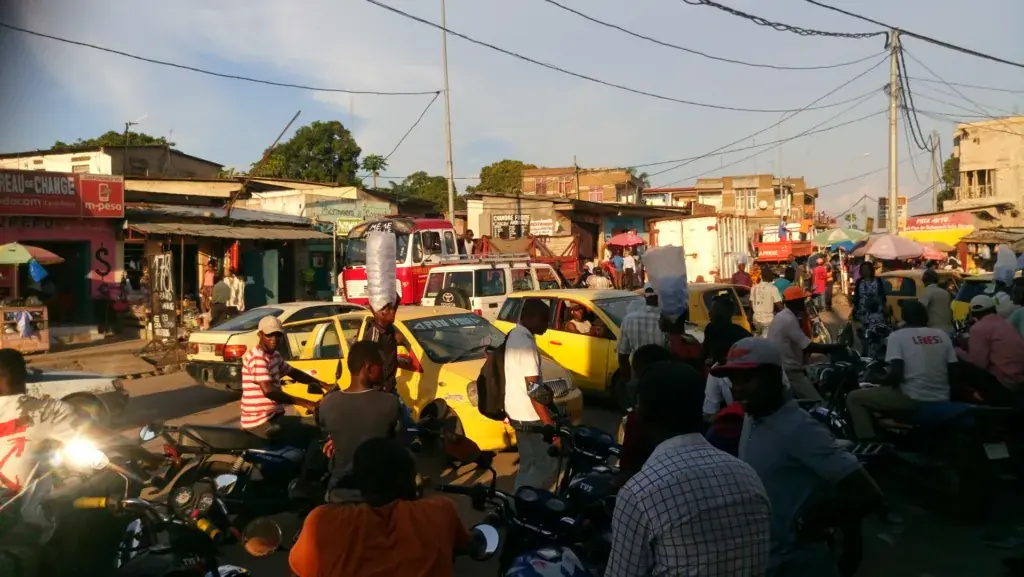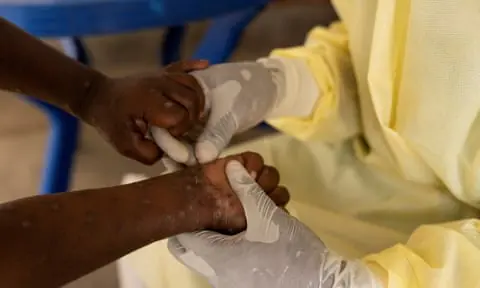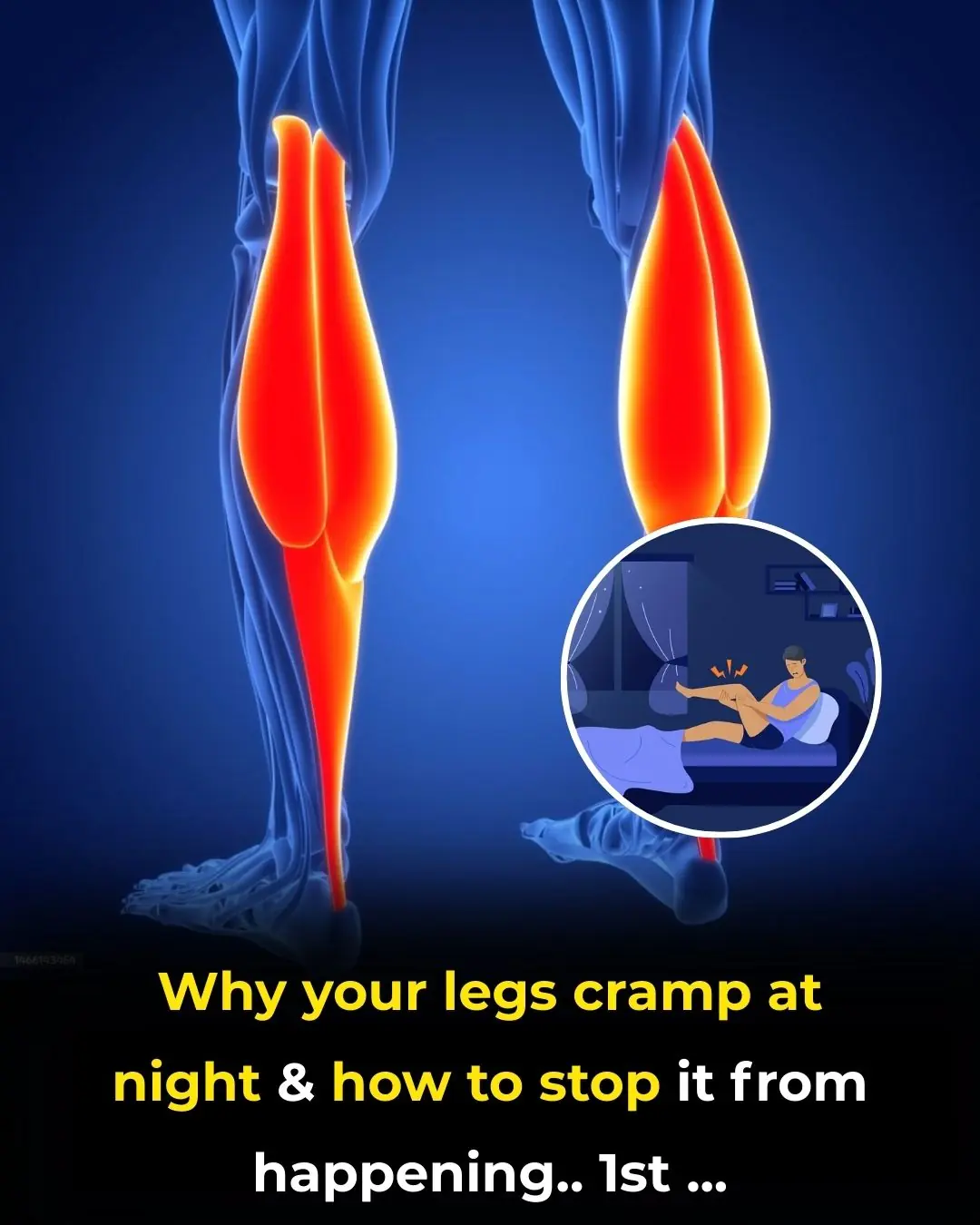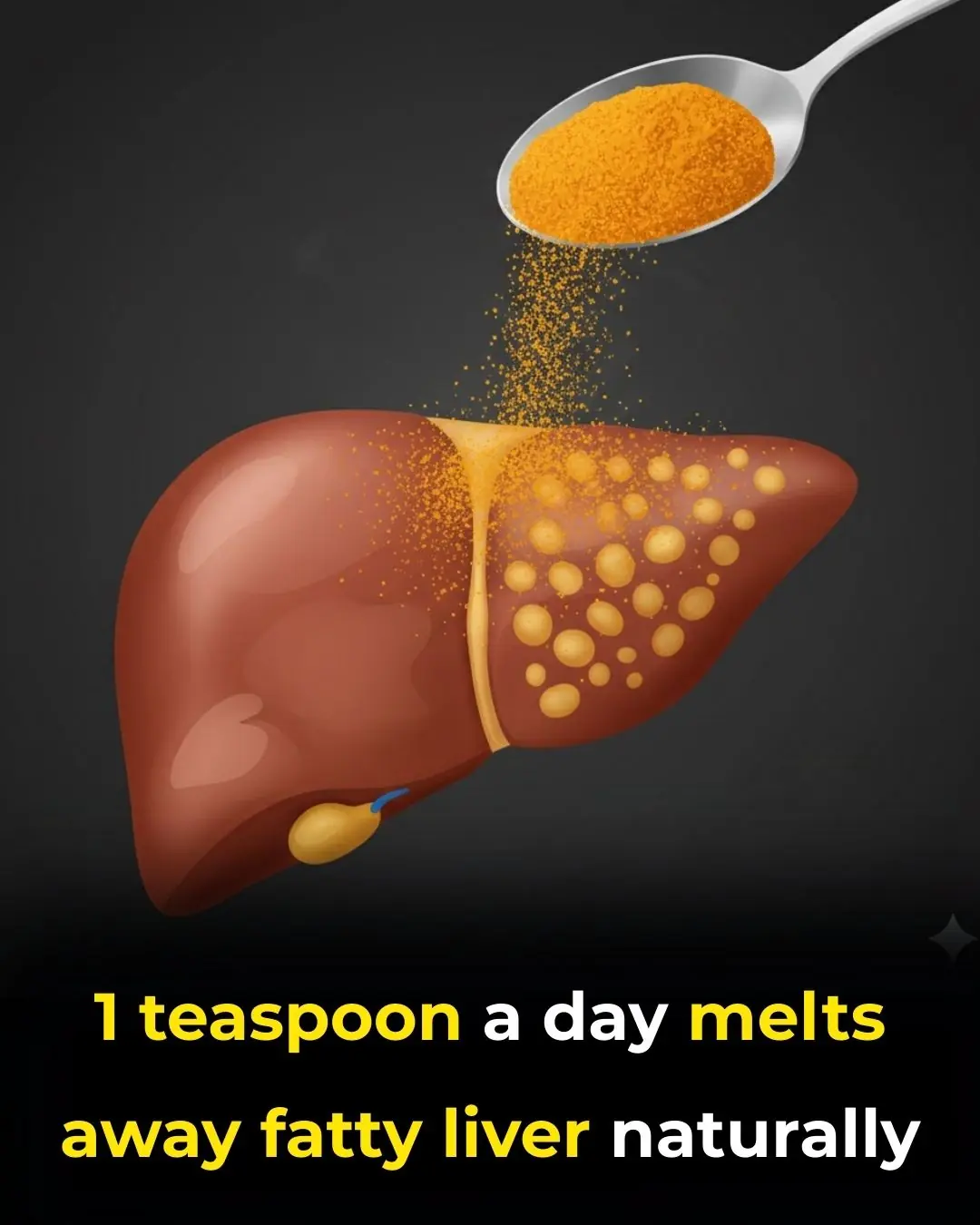
Strange di.sea.se outbreak in Congo k i l l s dozens, a "d e a t h spot" makes ch.ild.ren the target
Since the last week of October, a mysterious disease has been tormenting people in Kwango province, southern Democratic Republic of Congo.
The Nguoi Dua Tin newspaper on December 12 reported with the title: "Strange disease outbreak in Congo kills dozens of people, a "death spot" that targets children" with the following content:
Since the end of October, in a remote area of the Democratic Republic of Congo, hundreds of people have begun to suffer from a strange disease with a series of symptoms such as fever, aches, cough and runny nose. Health officials have yet to determine the cause of this outbreak and whether it is "disease X" - the name given by the World Health Organization (WHO) to a hypothetical future pandemic, with a severity equal to the COVID-19 pandemic that has raged and caused serious damage.
The mysterious illness began ravaging people in the southern DRC province of Kwango in the last week of October, according to the WHO. By December 5, the WHO had recorded more than 400 cases and 31 deaths — a fatality rate of 7.6 percent. By comparison, the estimated fatality rate of COVID-19 is around 1 percent.
Most cases and deaths in Congo have been among children, especially those under five. All of the severe cases among children have been associated with malnutrition, the WHO said. While the outbreak appears to have peaked in early November, another outbreak is ongoing.

Is this “Disease X”?
The WHO coined the term “Disease X” in 2018 to raise awareness of the threat posed by unforeseen pathogens. And the following year, a new coronavirus began circulating in Wuhan, China.
However, experts say most outbreaks are caused by familiar pathogens. The WHO said ten samples tested positive for malaria.
WHO Director-General Tedros Adhanom Ghebreyesus said there could be more than one pathogen involved in the outbreak, and authorities are continuing to test additional samples.
Africa CDC Director General Jean Kaseya said the timing of the DRC government alerting the WHO of the outbreak in late November was too late:
"We certainly don't want to see any outbreak that takes five to six weeks to be reported."
The outbreak began about 48 hours away from the capital, Kinshasa, according to the WHO. There are no laboratories in the region capable of testing samples, meaning they must be transported to the capital for testing.
A recent survey by the Africa Centers for Disease Control and Prevention, which did not include the Democratic Republic of the Congo, found that many countries lack the infrastructure and laboratories needed to diagnose outbreaks.
In 2023, there were 180 public health emergencies, mostly caused by infectious diseases such as Marburg, mpox, polio and others. Most of the 15 countries surveyed said they did not have continuous access to supplies, medical supplies, and chemicals to perform tests.
Why are so many people dying?
While it is still unclear what caused the outbreak, there are factors that could contribute to the high death rate in this country.

The Democratic Republic of the Congo is in the throes of conflict, with some six million people killed in armed violence in the eastern part of the country alone since 1996. In the west, including Kwango, intercommunal violence has flared up, exacerbating food shortages. The UN World Food Programme has described this as one of the world’s worst hunger crises. Millions of people have been displaced from their livelihoods as they flee conflict, with some 25.6 million people suffering from emergency levels of food insecurity, and nearly 4.5 million children suffering from severe malnutrition. In particular, the WHO report said food insecurity in Kwango rose from moderate to crisis levels between April and September. Malnourished children are more likely to suffer severe consequences from measles and other diseases. In addition, low vaccination rates have left people in Kwango more vulnerable to severe consequences from disease outbreaks.
The high level of conflict and poverty has left many areas without the necessary health care and diagnostic infrastructure to care for the sick or warn of sudden disease outbreaks.
Next, on December 12, the Phap Luat newspaper also published an article with the information: "The Ministry of Health informs about the mysterious disease in Congo that has caused many deaths". The content reported by the newspaper is as follows:
Regarding the mysterious disease in Congo that has caused many deaths, Mr. Hoang Minh Duc, Director of the Department of Preventive Medicine (Ministry of Health), said that the World Health Organization (WHO) has had official information on this issue.
Specifically, according to WHO, in the Panzi area, Kwango province, Democratic Republic of Congo, from October 24 to December 5, 2024, 406 cases of an unknown disease were recorded, including 31 deaths (7.6%).
The cases were mainly children (53% of cases and 54.8% of deaths were under 5 years old). All severe cases showed signs of severe malnutrition.
According to WHO, the area where this mysterious disease was recorded is a rural area, in a remote province, far from the capital Kinshasa. This area has also experienced food shortages in recent months, along with poor medical conditions, low vaccination rates, and very limited access to diagnosis and case management.
Malaria is common in the area and is believed to be linked to the mysterious cases. However, malaria control measures are very limited.
It is currently the rainy season, so access to health services is difficult.

The WHO assesses the risk level for affected communities in the outbreak area as high, due to limited provision and access to health services; low vaccination rates; difficult living conditions, food, and transportation in the area.
At the same time, initial information on clusters of cases in families shows that the disease is likely to spread between households.
At the regional and global levels, the WHO assesses the risk level as low and only notes surveillance at the border with neighboring Angola.
Therefore, the leader of the Department of Preventive Medicine said that the Department will continue to monitor and closely follow the developments of the epidemic situation, proactively conduct surveillance based on information about the epidemic in Congo and coordinate with WHO and other countries to update and share information about the epidemic.
If necessary, the Department of Preventive Medicine will coordinate with relevant units to assess risks to propose appropriate solutions, including strengthening medical quarantine work.
News in the same category


Olympian Gus Kenworthy Rescues 90 Dogs From South Korean Meat Farm, Turning Compassion Into Action

Brad Paisley and Kimberly Williams-Paisley Spread Holiday Joy by Giving 1,000 Christmas Gifts to Children in Need

This Flight Landed Before It Took Off — Thanks to Time Zones

The Legendary 2004 Harvard–Yale Prank That Outsmarted the Crowd and Made History

Behind the Mask: How a Mexican Priest Fought in the Ring to Protect Orphans

Trump Orders Transgender Male Inmates to Be Housed in Men’s Prisons, Sparking Nationwide Debate

Yurok Tribe Reclaims 47,000 Acres of Ancestral Land in Historic California Land-Back Deal

Miss America Contestant Stuns the Stage by Wearing Nursing Scrubs, Delivering a Powerful Message Beyond Beauty

Alaska’s Rivers Turn Orange as Thawing Permafrost Releases Toxic Metals

She Stayed When He Couldn’t Walk, He Left When He Could

A Christmas Surprise: Owl Lands Atop Family’s Tree After Flying Down Chimney

Nicki Minaj deportation petitions explained as over 120,000 people sign amid backlash

Kylie Jenner and Timothée Chalamet's red carpet look hilariously replicated at Critics Choice Awards

California Turns Irrigation Canals into Solar Power Stations

One Plastic Bottle, Centuries of Consequences: The Hidden Cost of Single-Use Plastic

From Coal to Clean Energy: Maryland’s Largest Solar Farm Marks a Major Renewable Milestone

Rescuers Save a “Frozen Dog” from an Icy River — Only to Discover It Was a Wild Wolf

21-year-old college football player killed in Stone Mountain house fire

Elon Musk Predicts End Of Poverty, Says There's No Need To Save Money
News Post

Don't put the scallions straight into the refrigerator after buying them; follow this method, and they'll last for a whole month without spoiling.

How to treat nerve pain in the foot, toes & legs

Why Your Legs Cramp At Night And How To Stop It From Happening

1 teaspoon a day melts away fatty liver naturally

Revolutionary science is changing how we treat joint damage.

Millie Bobby Brown’s Reaction to Eleven’s Ending Goes Viral After Stranger Things Finale

Baby Name Expert Predicts the Most Popular Naming Trends for 2026

Don't be fooled by their supposed health benefits; these 3 fruits are secretly damaging your liver

Early signs of stroke should not be ignored, regardless of age

Surprising Health Benefits of Eating Ginger Every Day

Bizarre theories about people who have ‘never broken a bone’

The Lasting Power of Soulful Connection: How Kindness Leaves an Eternal Imprint

Olympian Gus Kenworthy Rescues 90 Dogs From South Korean Meat Farm, Turning Compassion Into Action

Crush Papaya Leaves Every Night – Your White Hair May Start Turning Dark and Growing Like Crazy by Morning

Brad Paisley and Kimberly Williams-Paisley Spread Holiday Joy by Giving 1,000 Christmas Gifts to Children in Need

Over 60? 10 Early Dementia Warning Signs You Must NEVER Ignore (Catch Them Before It’s Too Late)

The Cheapest Superfood Most Seniors Overlook That Could Transform Bone Health After 60

9 Hidden Garlic & Honey Benefits at Night (99% Don’t Know)

Boil Cinnamon, Cloves, Garlic, Ginger, Lemon & Onion for 15 Minutes – Your Body Will Feel the Difference by Day 3
